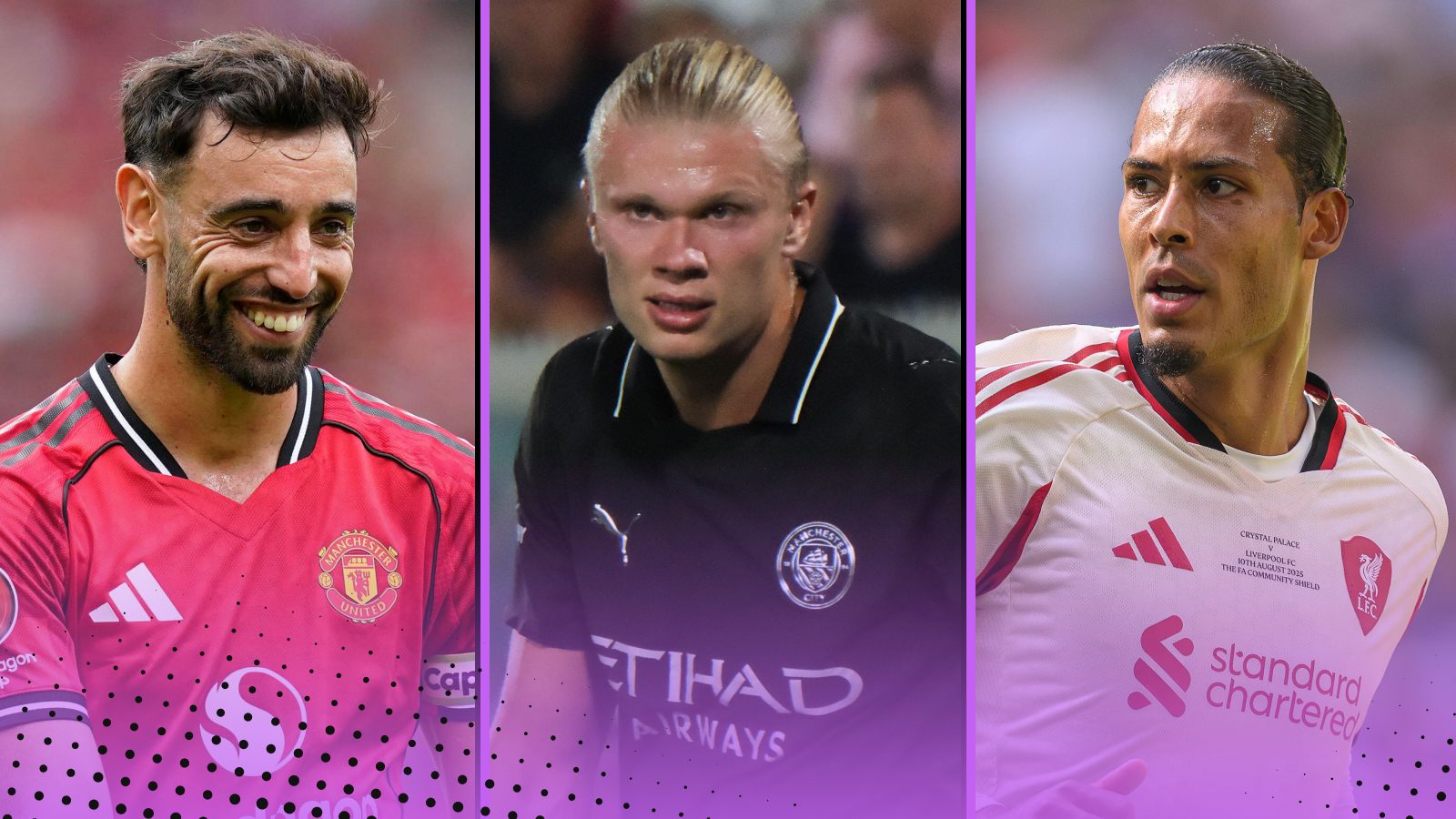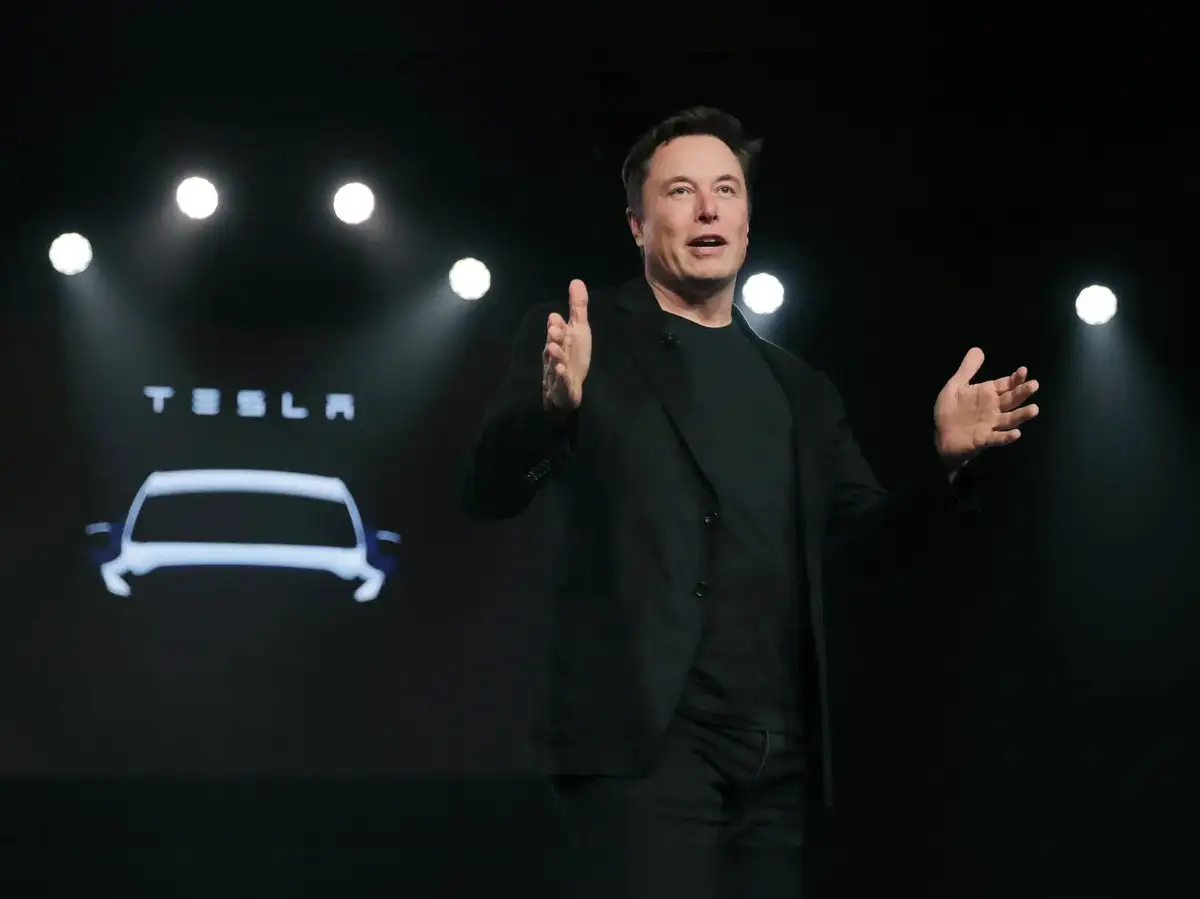Key Takeaways
- Erling Haaland tops the 2025 Premier League salary list at £525,000 per week.
- Arsenal and Manchester City dominate the rankings, showcasing their financial muscle.
- Midfielders like Bruno Fernandes, Kai Havertz, and Declan Rice prove that playmakers now rival strikers in value.
The Premier League’s Money League
The Premier League remains the gold standard for football excellence — and financial power. In 2025, England’s top flight continues to reward its biggest stars with record-breaking contracts. From world-class midfielders to goal-scoring machines, the salaries reflect not just talent, but the global commercial engine driving the league.
According to the latest figures, Manchester City’s Erling Haaland leads the pack with an astonishing £525,000 per week, while Mohamed Salah and Casemiro trail closely behind. But beyond the eye-watering sums lies a deeper story — one of market value, leadership, and club identity.
Arsenal’s Core: Havertz, Rice, and Ødegaard Lead the Charge
Arsenal’s resurgence under Mikel Arteta has been mirrored in their wage structure. The Gunners now boast three players among the Premier League’s top 20 earners — Kai Havertz, Declan Rice, and Martin Ødegaard — all key pillars of the club’s new era.
Kai Havertz, earning £280,000 per week, has transformed from an inconsistent talent into a versatile linchpin in Arteta’s system. His fluid movement between midfield and attack has added depth and unpredictability to Arsenal’s play. Declan Rice, on a similar £240,000 weekly wage, brings defensive steel and leadership — his transfer fee and salary reflecting his immense influence in both dressing room and midfield.
Meanwhile, Ødegaard’s £240,000 per week contract cements him as the creative heartbeat of the team. Together, these salaries highlight Arsenal’s commitment to building a sustainable yet star-powered core — one capable of challenging City’s dominance.
Bruno Fernandes and Manchester United’s Big-Name Bill
At Old Trafford, Bruno Fernandes continues to justify his status as one of the league’s premier creators. On £300,000 per week, the Portuguese playmaker remains the driving force of Manchester United’s attack — a player whose leadership and relentless energy define the modern United ethos.
He sits just behind teammates Casemiro (£350,000) and ahead of other high-profile stars, underlining the Red Devils’ ongoing investment in experienced, high-impact players. Yet the club’s wage bill also reflects the challenge of balancing ambition with sustainability — a theme increasingly central to Premier League economics.
Also read : Tokenized Private Credit: The $16 Billion Experiment Reshaping Modern Finance
Manchester City’s Reign of Wealth
No club embodies football’s financial evolution quite like Manchester City. With eight of the top 20 earners — including Haaland, Bernardo Silva, John Stones, and newcomer Gianluigi Donnarumma — City’s wage structure symbolizes dominance through depth.
Pep Guardiola’s side continues to reward tactical intelligence and consistency as much as raw star power. Haaland’s record-breaking contract (£525,000 per week) underscores his unmatched value, but even City’s defenders and midfielders, such as Rúben Dias and Tijjani Reijnders, command salaries that reflect world-class status.
The Numbers Behind the Glory
In total, the Premier League’s top 20 players earn over £280 million annually in combined salaries — a sum that eclipses most European leagues’ wage bills. While critics question sustainability, clubs argue that global broadcasting deals, sponsorships, and packed stadiums make these wages possible.
What’s striking in 2025 is the shift in value: creative midfielders now rival star strikers for top earnings. Kai Havertz, Bruno Fernandes, and Declan Rice are clear proof that influence in build-up play and leadership is as prized as scoring goals.
Conclusion
The Premier League’s 2025 salary rankings reflect more than financial power — they reveal where influence lies in modern football. From Kai Havertz’s adaptability at Arsenal to Bruno Fernandes’s leadership at Manchester United and Declan Rice’s commanding presence in midfield, this is a league that pays for both performance and persona.
As wages soar and stars shine brighter than ever, one truth remains: the Premier League isn’t just the home of world-class football — it’s the global epicenter of sporting wealth.
Disclaimer: The information in this article is for general purposes only and does not constitute financial advice. The author’s views are personal and may not reflect the views of GameDegen.com. Before making any investment decisions, you should always conduct your own research. GameDegen.com is not responsible for any financial losses.




